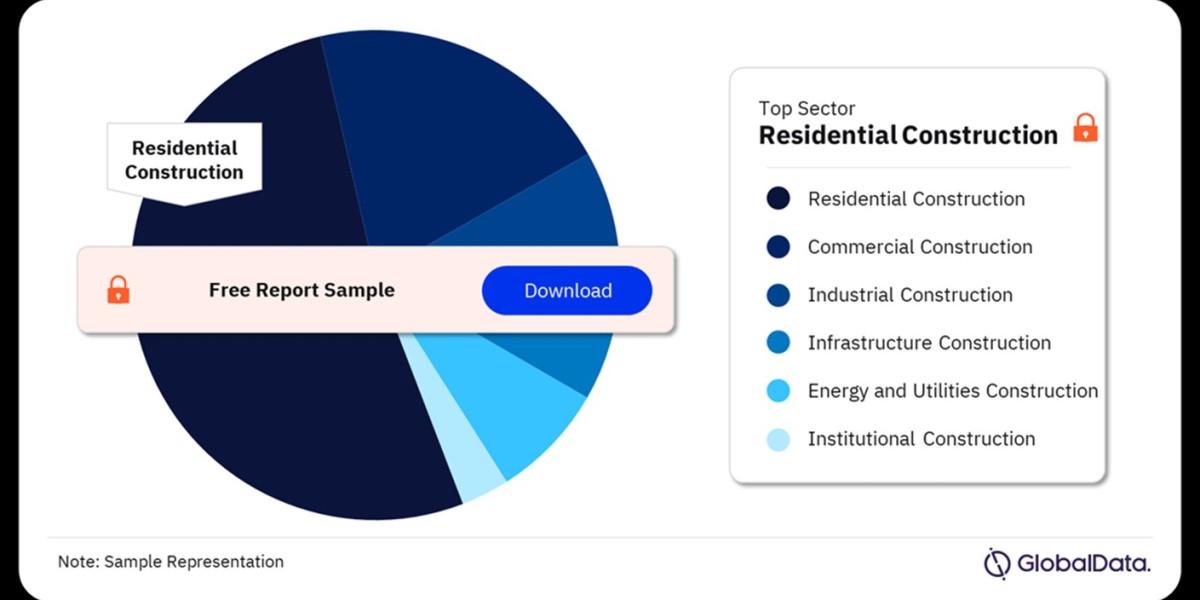Introduction
Kenya, a rapidly developing nation in East Africa, has witnessed significant growth in its construction sector in recent years. Driven by factors such as urbanization, economic expansion, and infrastructure development, the Kenyan construction market has presented numerous opportunities for both domestic and international players. This article explores the key trends, challenges, and opportunities shaping the Kenyan construction market.
Key Trends in the Kenyan Construction Market
- Infrastructure Development: The Kenyan government has prioritized infrastructure development, investing heavily in projects such as roads, railways, airports, and energy generation. This has created a significant demand for construction services.
- Urbanization: The rapid urbanization of Kenyan cities has driven the need for new housing, commercial buildings, and infrastructure.
- Real Estate Boom: The real estate sector has experienced substantial growth, fueled by increased demand for residential and commercial properties.
- Foreign Direct Investment: Kenya has attracted significant foreign direct investment (FDI) in the construction sector, particularly in areas such as infrastructure development and real estate.
- Sustainable Construction: There is a growing focus on sustainable and green construction practices, emphasizing energy efficiency, resource conservation, and environmental protection.
Challenges Facing the Kenyan Construction Market
- Regulatory Framework: Navigating complex regulations related to land use, permits, and environmental impact assessments can be challenging for construction projects.
- Infrastructure Constraints: Inadequate infrastructure, such as transportation networks and energy supply, can hinder construction activities.
- Labor Shortages: The construction industry faces challenges in attracting and retaining skilled labor, particularly in specialized areas like engineering and project management.
- Economic Fluctuations: The Kenyan economy is subject to global economic trends, which can impact the construction market.
- Corruption and Bribery: Corruption and bribery remain significant challenges in the Kenyan construction sector.
Opportunities for Growth in the Kenyan Construction Market
- Regional Development: Expanding construction activities into regional areas to support balanced development and job creation.
- Infrastructure Modernization: Investing in the modernization and upgrading of existing infrastructure to improve efficiency and connectivity.
- Affordable Housing: Addressing the demand for affordable housing, particularly in urban areas, through government initiatives and private sector involvement.
- Sustainable Construction: Promoting sustainable and green construction practices to meet growing demand for environmentally friendly buildings.
- Foreign Investment: Attracting foreign investment in the construction sector to bring in capital, expertise, and technology.
Key Segments of the Kenyan Construction Market
- Residential Construction: Building new homes, apartments, and residential complexes.
- Commercial Construction: Developing office buildings, retail spaces, industrial facilities, and other commercial properties.
- Infrastructure: Constructing roads, bridges, railways, airports, and other infrastructure projects.
- Government Projects: Government-funded projects, such as public buildings, hospitals, and schools.
- Renewable Energy: Construction of renewable energy projects, including solar and wind power plants.
Future Trends in the Kenyan Construction Market
- Sustainable Construction: A growing focus on sustainable and green construction practices, emphasizing energy efficiency, resource conservation, and environmental protection.
- Technology Adoption: The increasing use of technology in the construction industry, such as Building Information Modeling (BIM) and construction management software.
- Public-Private Partnerships (PPPs): Leveraging PPPs to finance and deliver large-scale infrastructure projects.
- Regional Integration: Strengthening regional cooperation and integration to facilitate cross-border trade and investment.
- Skills Development: Investing in skills development programs to address the shortage of skilled labor in the construction sector.
Conclusion
The Kenyan construction market is a dynamic and growing industry, driven by factors such as urbanization, economic development, and infrastructure investments. By addressing the challenges and capitalizing on the opportunities presented by the market, Kenya can continue to strengthen its economy and improve the quality of life for its citizens.
Buy the Full Report for more Sector Insights into the Kenya Construction Market, Download a Free Report Sample








